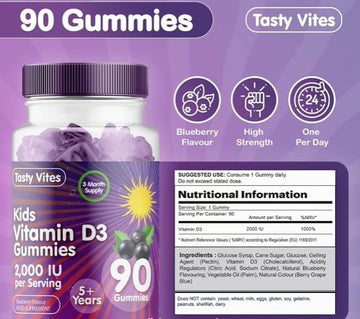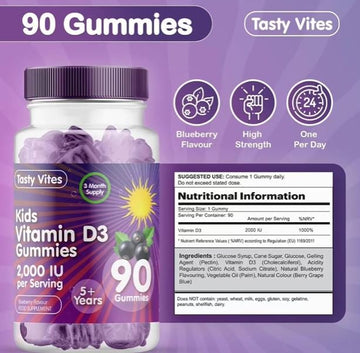
Vitamin B6, also known as pyridoxine, is a water-soluble vitamin that plays a crucial role in many bodily functions. It is involved in the production of neurotransmitters, which are essential for communication between nerve cells, and in the metabolism of proteins, carbohydrates, and fats. In this article, we will discuss the main benefits of vitamin B6, its best sources, and some positive research studies that highlight its importance.
One of the main benefits of vitamin B6 is its ability to support brain function. The vitamin is involved in the production of neurotransmitters such as serotonin, dopamine, and norepinephrine, which are responsible for regulating mood, behavior, and cognitive function. Studies have shown that low levels of vitamin B6 can lead to depression, anxiety, and cognitive decline. Therefore, maintaining adequate levels of vitamin B6 may help improve mental health and cognitive function.
Vitamin B6 also plays a crucial role in the immune system. It helps produce white blood cells, which are essential for fighting infections and diseases. Additionally, vitamin B6 is involved in the production of antibodies, which are proteins that help identify and neutralize harmful pathogens. Studies have shown that low levels of vitamin B6 can lead to a weakened immune system, making individuals more susceptible to infections and diseases.
Another important benefit of vitamin B6 is its role in cardiovascular health. Vitamin B6 helps regulate homocysteine levels, which is an amino acid that can lead to cardiovascular disease if levels become too high. Studies have shown that vitamin B6 supplementation can lower homocysteine levels, reducing the risk of heart disease. Additionally, vitamin B6 may help lower blood pressure and improve lipid profiles, which are also important for cardiovascular health.
Vitamin B6 is also essential for maintaining healthy skin, hair, and nails. The vitamin is involved in the production of collagen, which is a protein that provides structure to the skin, hair, and nails. Studies have shown that low levels of vitamin B6 can lead to skin disorders such as dermatitis and hair loss. Therefore, ensuring adequate levels of vitamin B6 may help maintain healthy skin, hair, and nails.
Now that we have discussed the main benefits of vitamin B6, let's move on to its best sources. Vitamin B6 is found in a variety of foods, including poultry, fish, eggs, beans, nuts, and whole grains. Some of the best sources of vitamin B6 include:
- Chickpeas: One cup of cooked chickpeas contains 1.1 mg of vitamin B6, which is 55% of the daily recommended intake.
- Salmon: A 3-ounce serving of salmon contains 0.6 mg of vitamin B6, which is 30% of the daily recommended intake.
- Turkey breast: A 3-ounce serving of turkey breast contains 0.4 mg of vitamin B6, which is 20% of the daily recommended intake.
- Sunflower seeds: One ounce of sunflower seeds contains 0.2 mg of vitamin B6, which is 10% of the daily recommended intake.
It is worth noting that the amount of vitamin B6 in foods can vary depending on factors such as cooking methods and storage conditions. Therefore, it is important to consume a varied and balanced diet to ensure adequate vitamin B6 intake.
Finally, let's discuss some positive research studies that highlight the importance of vitamin B6. One study published in the Journal of Nutritional Science and Vitaminology found that vitamin B6 supplementation improved cognitive function in elderly individuals with mild cognitive impairment. Another study published in the American Journal of Clinical Nutrition found that vitamin B6 supplementation reduced the risk of colorectal cancer in women.
One of our most popular products our Kids Multivitamin Gummies includes the recommended daily dose of vitamin B6 for kids aged 5-16 years old, click here to buy now.




